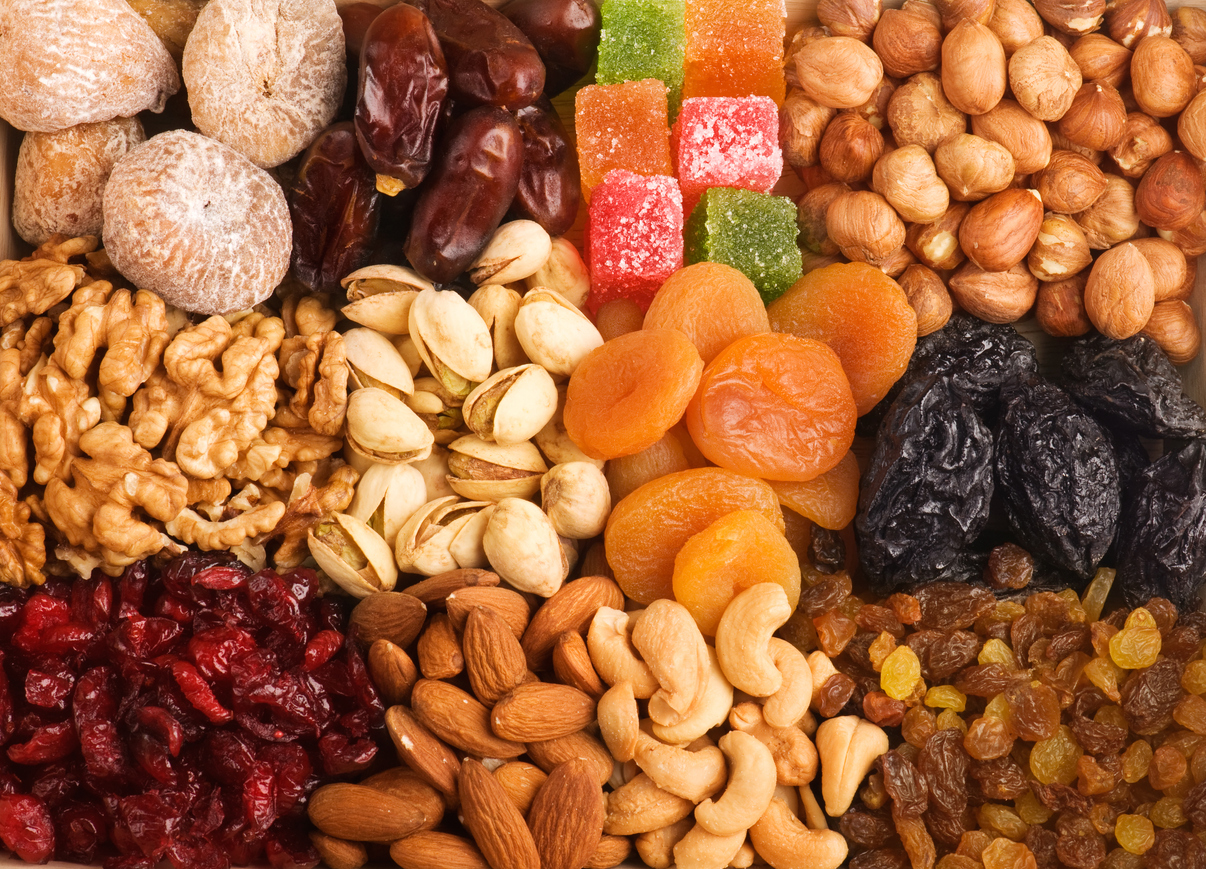Are you a fan of dry fruits but wonder about their benefits, varieties, and how to incorporate them into your diet? Look no further! In this Ultimate Dry Fruit FAQ, we have compiled everything you need to know about these nutritious and delicious snacks. Whether you’re a health-conscious individual looking to boost your well-being or simply curious about them, we’ve got you covered.
Discover the extensive range of dry fruit varieties, from almonds and cashews to date and raisins, and learn about their unique nutritional profiles.
Unearth the incredible health benefits of consuming these nutrient-packed powerhouses, including improved heart health, enhanced digestion, and increased energy levels. We’ll also provide handy tips on incorporating them into your daily meals and snacks, ensuring you can enjoy their goodness in the most delicious and effective ways. So, let’s dive in and unlock the secrets of the ultimate dry fruit experience!
Frequently asked questions (FAQs)
What are the different types of dry fruits?
The most common dry fruits and nuts are raisins, cashew nuts, almonds, walnuts, dates, figs, prunes, and apricots. Some dried fruit varieties, like mangoes, pineapples, cranberries, etc., are also available in sugarcoated, candied versions. Of these, dried fruits without additives are the best for your body.
Which dry fruit should be eaten daily?
The best way to have dry fruit in your daily routine is in the morning. Soak a handful of them like raisins, almonds, walnuts, figs, etc., in different small bowls (quantity as needed) all night and have them with a glass of milk the next morning.
What are the health benefits of eating dry fruits?
Loaded with essential nutrients, the dried fruit benefits for health cannot be overlooked. Dry fruits increase your nutrient intake as they are rich in potassium, iron, folate, calcium and magnesium. The antioxidants boost your immunity, keeping you healthy and free from diseases and other illnesses.
How to use dry fruit for weight loss management?
On the contrary, dry fruits are known to fight obesity and control weight gain. Regular and moderate consumption of dry fruit decreases sugar intake and unwanted calories. To reap maximum benefits, you must incorporate desiccated fruits and nuts in your diet plan. However, stay away from candied and sugarcoated dried fruits.
Dry fruits have a high calorie and sugar content. They contain 38–66% sugar, so eating too many of them may result in weight gain. To increase the weight, consume more than 20 grams. For example, dates are abundant in iron and dietary fiber, and consuming them in abundance leads to weight gain because sugar makes up the majority of their content. Similarly, cashew nuts, which are high in protein and fiber, are also linked to weight gain.
Which dry fruit can a diabetic eat?
Can diabetics eat dried fruit? Science shows that dried fruit made from berries is often beneficial for people with diabetes. Also, they’re high in fiber and low on the glycemic index. Although diabetics tend to eat dried fruit, here are some common fruits and their benefits.
Dried fruit is a beneficial choice for diabetics to lower sugar and fructose levels. Nuts, including walnuts, almonds, and pistachios, are rich in nutrients and antioxidants, which help maintain blood sugar levels. They have a lower glycemic index (GI) than white bread, making them suitable for individuals with type 2 diabetes and prediabetes.
What are the benefits of eating dried fruits soaked over night?
Certain foods sprout when soaked in water overnight, upping their nutrient content. Fitness trainers and dieticians say that several foods become more nutritious after being immersed in water for a night. It also eliminates nutrition inhibitors like oxalates and phytates.
The tradition of soaking certain foods in water at night and having it the next day morning on an empty stomach has been an age-old practice. In recent years, it has been backed by several leading health experts, nutritionists and dieticians, making it a trend to start the day with an overnight-soaked nuts, dry fruits and seeds.
Which dry fruit is best for health?
Almost all dried fruits and nuts are good for health, but the most favorable ones are Almonds and Walnuts.
Can a heart patient have dry fruits?
Yes! Dried fruits are very safe for heart patients as they contain no cholesterol and help lower the levels of bad cholesterol in the body. Dried fruit is also rich in antioxidants that help cleanse blood vessels.
How should dry fruits be stored and consumed?
Another critical element to take into account when storing dry fruits is temperature. They should be kept out of direct sunlight and heat and stored in a cool, dry location at 50 to 60 degrees Fahrenheit. These fruits may rot more quickly if the temperature is too high. For this reason, it’s crucial to keep them away from any heat-generating equipment, such as ovens or refrigerators, and to avoid keeping them in damp areas, like bathrooms or basements.
It’s simple to store your dry fruits in the freezer by packing them in a container, putting the container in the freezer, and letting it sit there for a while. However, you might want to pause before placing them in the freezer because freezing changes their flavour and texture.





Good information, nice advice and very nice explanation about the true with fact connected with life👍
Thank you.
Hi there, simply changed into aware of your weblog through Google, and located that it’s really informative. I’m going to be careful for brussels. I’ll be grateful if you proceed this in future. A lot of other folks will probably be benefited from your writing. Cheers!